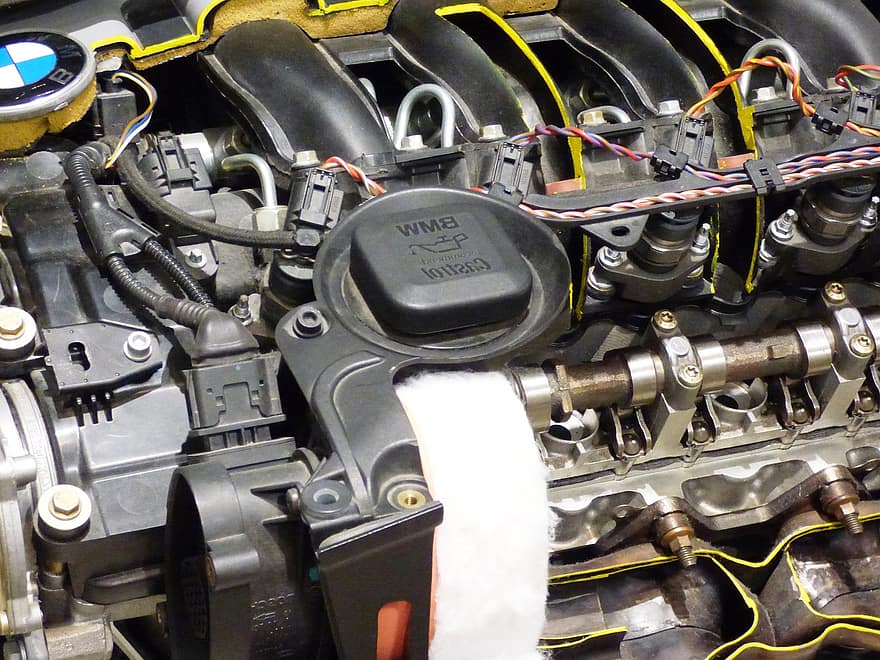
Is Fuel Filter and Fuel Pump Same
There is a difference between a fuel filter and a fuel pump. Beforefuel gets to the engine, a fuel filter in vehicle’s fuel system filters out pollutants and trash.
To preserve optimal engine performance and avoid damage, fuel filter, which normally found between fuel tank and engine, must changed on a regular basis.
Contrarily, a fuel pump is in charge of transferring fuel from fuel tank to engine. Pressure required to force fuel through fuel system and into engine normally generated by an electric pump that is immersed in fuel tank.
While both the fuel filter and fuel pump are crucial parts of a vehicle’s fuel system, they are separate parts with distinct purposes.
Table of Contents
What are the types of fuel pumps?
Fuel pumps come in variety of varieties that used in automobiles and other applications. Some of the most typical types of fuel pumps are listed below:
Mechanical Fuel Pump: The engine’s camshaft or another shaft that powered by engine drives this type of fuel pump. A diaphragm moved by camshaft or separate shaft as engine rotates, creating a suction that draws fuel from fuel tank.
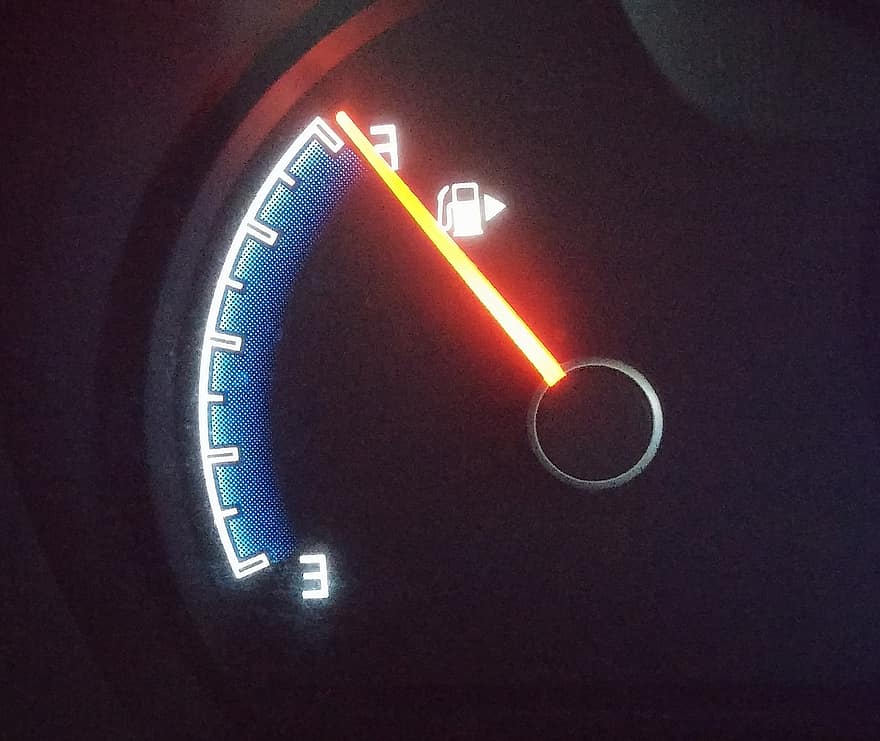
Electric Fuel Pump: Modern automobiles frequently have electric fuel pumps. Fuel pumped from fuel tank to engine using an electric motor. Electric fuel pumps are frequently found inside fuel tank, and engine control module of car operates them (ECM).
High-Pressure Fuel Pump: Direct injection engines frequently employ high-pressure fuel pumps. They can produce fuel pressures that are much higher than those produced by other kinds of fuel pumps, which is essential for the accurate injection of fuel into the combustion chamber.
Fuel is pumped using a rotor and vanes in rotary fuel pumps. Vanes slide in and out of rotor as it rotates because the rotor eccentrically mounted. By doing this, chambers created that draw fuel in and compress it before delivering it to engine.
Lift Pump: In diesel engines, lift pumps used to transfer fuel from fuel tank to high-pressure fuel injection system. They usually sit on the engine block and propelled by camshaft.
These are just a few illustrations of various fuel pump types. The kind of fuel pump that used in a specific car or application will vary depending on engine, fuel system design, and performance requirements.
What are the types of fuel filters?
Fuel filters come in variety of varieties that used in automobiles and other applications. Here are a few of most typical fuel filter types:
An inline fuel filter is a cylinder-shaped filter that installed in fuel line that runs from fuel tank to engine. It typically has fittings on either end to connect to fuel line and made of metal or plastic.
Fuel filter cartridge: A fuel filter cartridge an exchangeable filter element that housed in a housing. The housing has fittings on either end to connect to fuel line and typically made of metal or plastic.
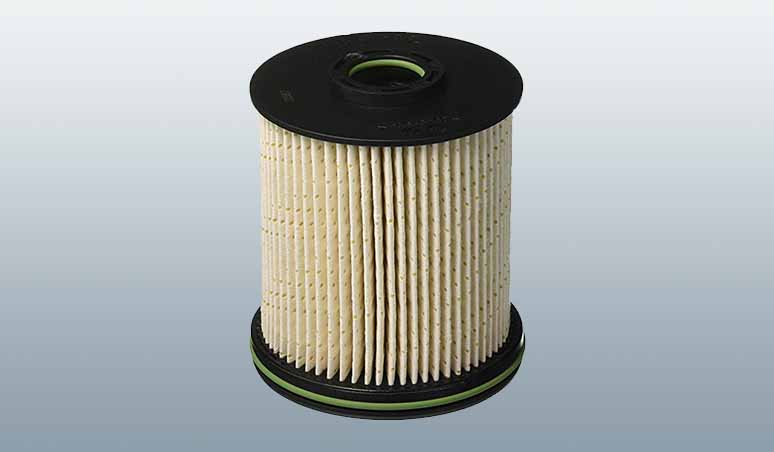
Fuel filter with a spin-on: A spin-on fuel filter is similar to a fuel filter with a cartridge, but it is simpler to replace. It has a housing with threads that can screwed onto an engine or fuel system mount. The housing contains filter element, which easily changed by unscrewing housing from mount.
Read More: How To Solve High Fuel Consumption
In-tank Fuel Filter: Usually used in vehicles with electric fuel pumps, in-tank fuel filters housed inside the fuel tank. Before fuel drawn into fuel pump and sent to engine, it intended to filter fuel.
Metal Mesh Fuel Filter: A metal mesh fuel filter is a type of filter that separates debris and impurities from fuel using a fine mesh screen. It more frequently used in older cars than in more recent ones.
These are just a few illustrations of various fuel filter types. Kind of fuel filter that used in a specific car or application will depend on number of elements, such as engine, fuel system, and performance standards.
What are the best fuel pumps?
The most effective fuel pumps dependable, long-lasting, and able to deliver required fuel pressure and flow rate for particular vehicle or application they intended for. When selecting best fuel pump, keep following things in mind:
Fuel pumps come in variety of designs, including mechanical, electric, high-pressure, rotary, and lift pumps, as previously mentioned. Requirements of your vehicle or equipment and fuel system design will determine which fuel pump is best for your application.
Pressure and flow rate: Pick a fuel pump that can deliver right fuel pressure and flow rate for your engine. For engine to run at its best, fuel pump must be able to deliver necessary volume of fuel under proper pressure.
Reputable brands that have a history of manufacturing dependable, high-quality fuel pumps should sought out.
Ensure that fuel pump compatible with the other parts of the fuel system and that it made to fit your vehicle or equipment.
Some popular brands of fuel pumps include Bosch, Denso, Airtex, Delphi, and Walbro. However, best fuel pump for your specific application will depend on requirements of your vehicle or equipment, and conditions in which it operates.
It important to consult manufacturer’s recommendations, and seek advice from qualified mechanic or technician to ensure best fuel pump chosen for your needs.
What are the best fuel filters?
The best fuel filters are compatible with particular vehicle or piece of equipment they designed for and efficiently remove contaminants from the fuel. When selecting best fuel filter, keep the following things in mind:
Efficiency of filtration: To avoid harming engine and fuel system, look for a fuel filter that can get rid of as many impurities as possible, such as water, rust, and dirt.
Read More: How to Tell if Car Fuel Filter is Bad
Durability: Pick fuel filter with long service life that can withstand punishing conditions of fuel system and made of high-quality materials.
Compatibility: Make sure fuel filter designed to fit your vehicle or equipment and is compatible with the fuel system components.

Brand reputation: Look for reputable brands that have a track record of producing reliable and high-quality fuel filters.
Some popular brands of fuel filters include WIX, Fram, Baldwin, AC Delco, and Purolator. However, best fuel filter for your specific application will depend on requirements of your vehicle or equipment, andconditions in which it operates.
It is important to consult manufacturer’s recommendations and seek advice from a qualified mechanic or technician to ensure best fuel filter chosen for your needs.
Read More: How to Maintain Your Vehicle | Important about maintaining
Does fuel filter go before or after the fuel pump?
The fuel filter typically found in fuel system before fuel pump in most vehicles. This so that impurities and debris from fuel before it enters fuel pump can eliminated by fuel filter. This ensures that the fuel system functions effectively and protects fuel pump from harm.
The fuel filter, on the other hand, might found inside fuel tank and consequently following fuel pump in some vehicles with in-tank fuel pumps. In this instance, fuel pumped into engine via fuel pump and then filters through fuel filter.
To find precise location of fuel filter in your unique vehicle or application, it is crucial to refer to manufacturer’s recommendations and seek advice from a qualified mechanic or technician.
How to know if you need a fuel pump or a fuel filter?
Without a proper diagnosis, it can be challenging to decide whether you need a fuel pump or a fuel filter if your car’s fuel system is acting up. However, following symptoms could suggest that you require either a fuel pump or a fuel filter:
Signs that you may need a fuel pump:
- Engine cranks but does not start
- Engine stalls or hesitates while driving, especially at high speeds or under load
- Engine sputters or jerks while accelerating
- Fuel pressure is lower than manufacturer’s specifications
- Fuel pump is making unusual noises or sounds like it is straining
Signs that you may need a fuel filter:
- Engine starts but stalls shortly after starting
- Engine runs rough or idles poorly
- Engine hesitates or lacks power during acceleration
- Fuel pressure is higher than manufacturer’s specifications
- Fuel filter clogged or dirty
Remember that some of these symptoms can also brought on by other problems, such as a sensor that isn’t working properly, an ignition issue, or a problem with the air intake system. As a result, it’s crucial to have a skilled mechanic or technician diagnose problem and decide whether fuel pump or fuel filter required.
When do you change a Fuel Filter?
Depending on the make and model of your car, your driving habits, and the conditions, you may need to replace your fuel filter more frequently or less frequently. Manufacturer’s instructions should generally followed, but in general, remember following:
Observe the manufacturer’s recommendations: The owner’s manual or maintenance schedule for most vehicles contains recommended intervals for fuel filter replacement. To guarantee best performance and longevity of fuel system, it’s crucial to abide by these suggestions.
Regularly check fuel filter: If you notice any symptoms of a clogged filter, such as rough idle, stalling, or hesitation in engine, it may be time to inspect and replace fuel filter.
Take into account your driving habits: Your fuel filter may clog more quickly than it would under normal circumstances if you frequently drive in dusty or dirty environments or in stop-and-go traffic. Fuel filter may need to changed more frequently in these circumstances.
Fuel filters should typically changed every 20,000 to 30,000 miles, or every two to three years. However, this may change based on nature of your vehicle and road’s conditions. To determine ideal interval for fuel filter replacement for your particular vehicle or equipment, it is crucial to refer to manufacturer’s recommendations and seek advice from a qualified mechanic or technician.
Conclusion
In conclusion, fuel filter and fuel pump are both important components of a vehicle’s fuel system. Fuel filter designed to remove impurities and debris from fuel before it enters fuel pump. While fuel pump responsible for delivering fuel from tank to engine.
There are different types of fuel filters and fuel pumps available, and best one for your specific application will depend on factors such as type of vehicle or equipment, requirements of the fuel system, and conditions in which it operates.
It is important to follow manufacturer’s recommendations for fuel filter replacement and seek advice from a qualified mechanic or technician if you suspect issues with your vehicle’s fuel system.

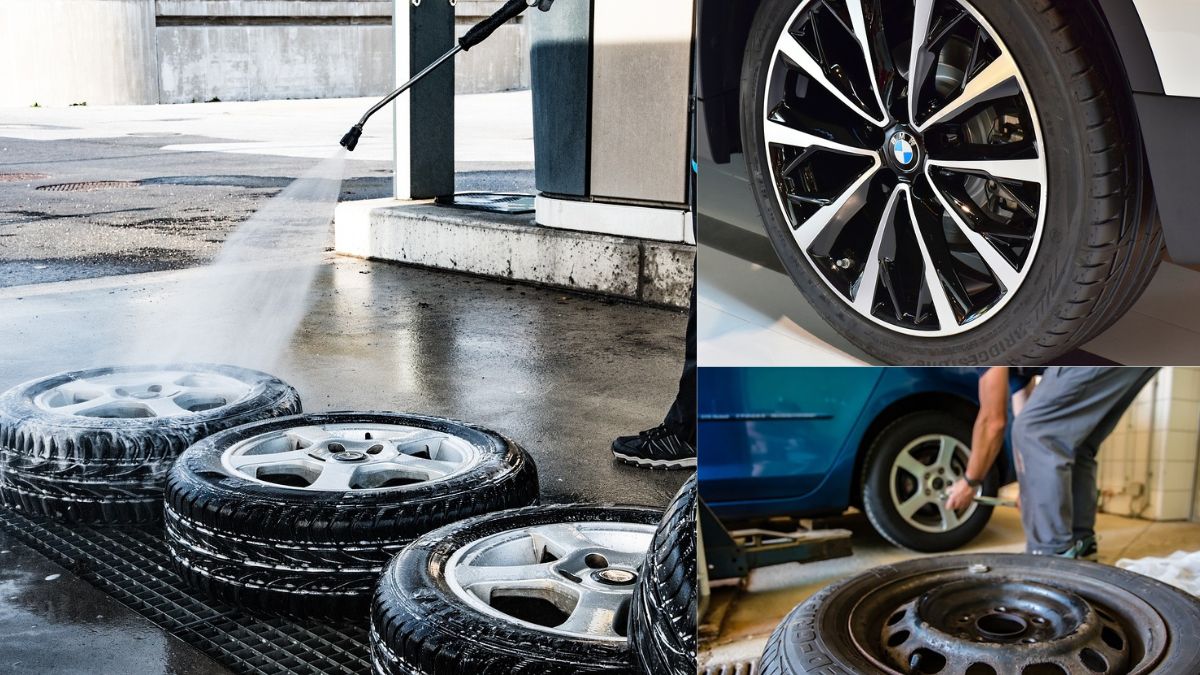
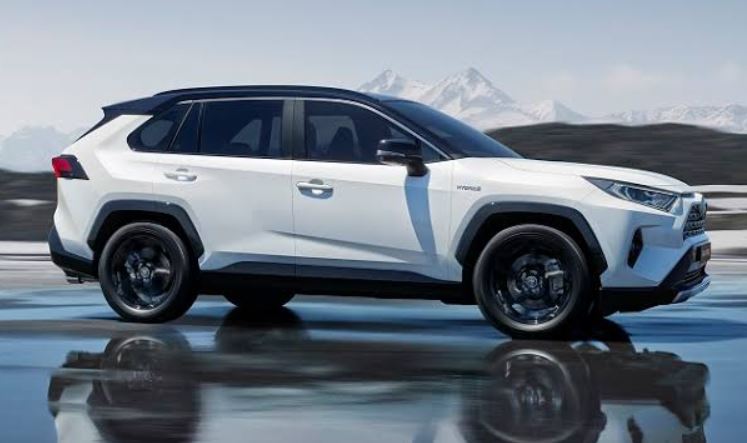


![#9 Best Car Speakers UK [2024]](https://autoshopbuzz.com/wp-content/uploads/2022/06/Best-Car-Speakers.jpg)

![How To Flush A Radiator [Easy way]](https://autoshopbuzz.com/wp-content/uploads/2022/06/car-engine-and-car-radiator.jpg)